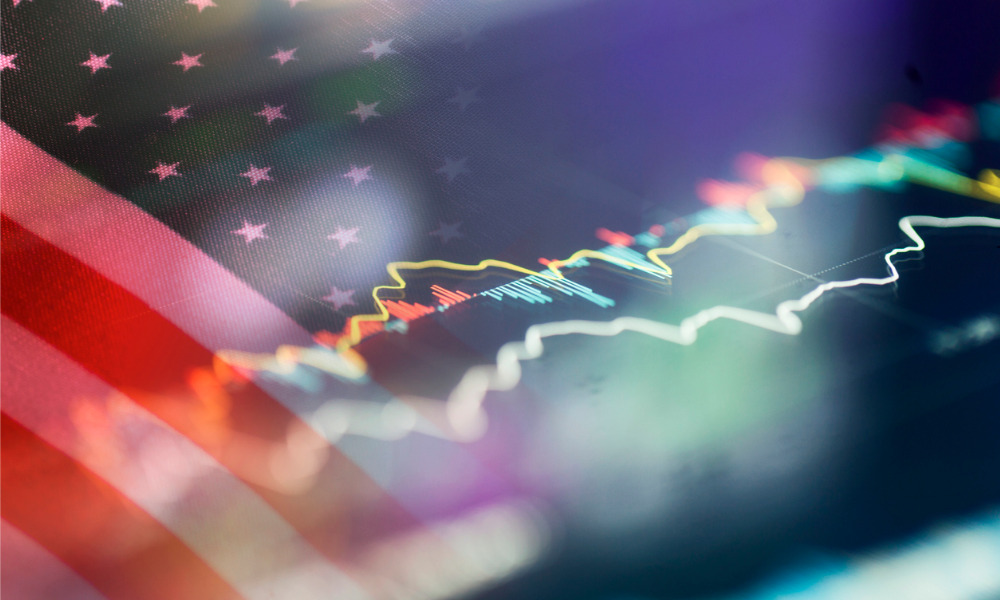Markets reverberate as U.S. stocks ‘start to underperform’, while bonds look even worse

A bold move to preserve this beloved equity bull market? Or the moment the Fed freaked out and sent investors into a tailspin?
Time will tell but one thing is certain: yesterday caught people by surprise. Those of us who were gearing up for a day of Bernie Sanders raging against Joe Biden – and anyone else in his eyeline, for that matter – were instead forced to digest the U.S. Federal Reserve’s decision to slash interest rates by half a percentage point.
The last time the Fed intervened between official meetings was in 2008 amid the financial crisis. On the surface, it’s an omen of black cat proportions. By taking drastic action this time, it's attempting to protect the markets from a similar crash. However, after an initial uptick, the market reaction was not good.
The S&P 500 fell for the eighth time in nine days following the announcement, while the two-year treasury yield sunk to 0.70% and the 10-year plunged below 1% for the first time ever. Investor all over the globe bid up on bond prices – which move in the opposite direction of yields – as they flocked to safety.
Tyler Mordy, president and CIO of Forstrong Global Asset Management, told WP that the U.S, had “lost its playbook” and damaged its reputation. The drastic rate cut, he added, will affect the future of global markets and pave the way for leadership change.
“A panicked Fed and a clumsy coronavirus response have dramatically cut confidence in the country,” he said. “Meanwhile, the president continues to spend too much time on his smartphone and Bernie’s popularity surges.
“This is what global leadership change looks like. Unsurprisingly, U.S. stocks and the U.S. dollar are starting to underperform their global counterparts. This is new in the post-crisis period.
“Looking ahead, expect these trends to take firmer root. A lower U.S. dollar, lower rates and lower oil prices will not only extend the life of the cycle that began in 2009, but also provide crucial tailwinds for global stock markets, especially in emerging Asia. Leadership change is upon us.”
Of course, returns now become even harder to generate from fixed income. Geoff Castle, who manages PenderFund Capital’s bond strategies, believes investors may be forced to re-evaluate their position after yesterday's bombshell.
He said: “The effect of the lower Fed Funds rate will be to make earning returns in guaranteed or investment grade savings vehicles more difficult for investors. We believe that a chief beneficiary, in market terms, will be higher yielding equity and credit securities. Lower rates may cause investors to positively re-rate these areas given the absence of meaningful real return in investment grade bonds and GICs.”
He added that the Fed’s move could be the tip of the iceberg in terms of responses to the coronavirus outbreak. He expects, first of all, the Bank of Canada to follow suit this morning and cut its benchmark rate and suggested that “more important” fiscal government responses are still to come.
“Governments may be considering extraordinary cash payments to individuals, as we have recently seen in Hong Kong," he said. "Many individuals are likely to suffer income interruption as a result of quarantines and/or illness and this income gap is more difficult to address with interest rates than it is with tax credits or cash disbursements. Moreover, healthcare costs in affected regions may skyrocket and we might anticipate extraordinary fiscal support of healthcare systems as a result.”



